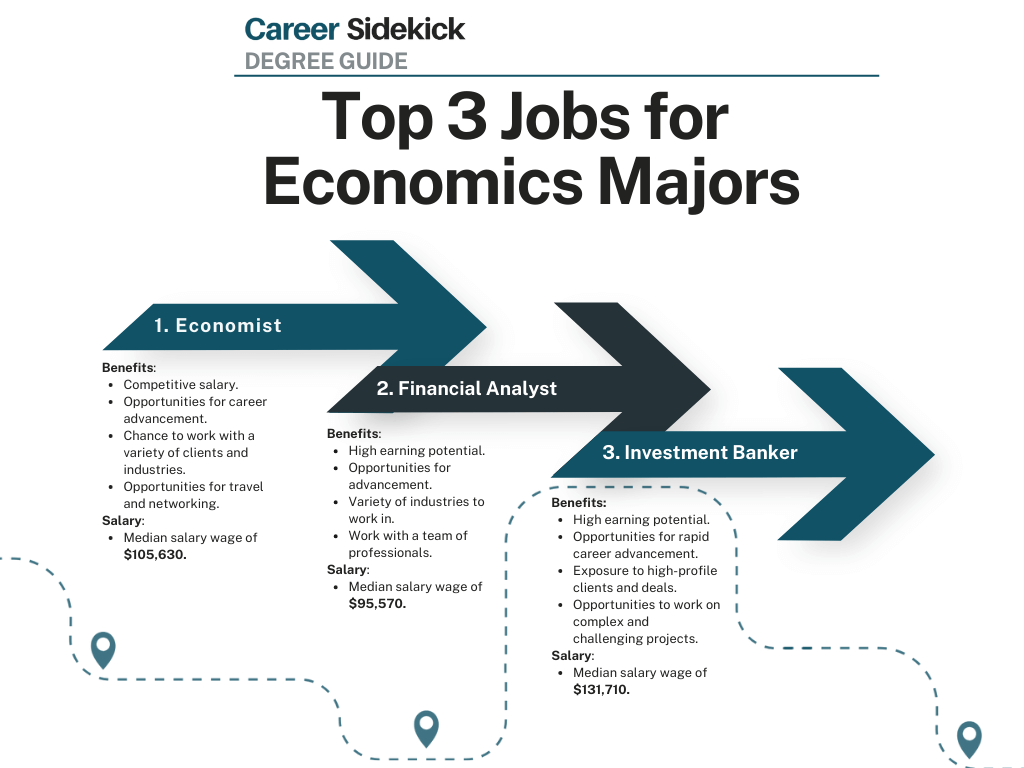From Microeconomics to Macroeconomics: Must-Take Courses for Future Economists

Blog / January 16, 2025
Economics coursesEconomics courses after 12thEconomics is the central science of the contemporary world and defines the relationships between individuals, companies, and states within globalization contexts. This discipline has helped to explain the distribution of resources, the operations of markets, and the roles of the rich and the poor for many centuries. In the modern world, economics courses are one of the most popular academic disciplines to study, as they provide the necessary knowledge of the work of economies and develop students’ analytical skills.
The study of economics has ancient roots, dating back to classical thinkers like Adam Smith, whose seminal work The Wealth of Nations laid the foundation for modern economic theories. Over the years, the field has evolved to include diverse sub-disciplines such as behavioral economics, environmental economics, and international trade. Whether tackling pressing global challenges like climate change or analyzing the implications of digital currencies, the study of economics remains as relevant and dynamic as ever.

Source: https://careersidekick.com/
Economics 101: Why this Field could be your Perfect Fit
There are various prospects that students stand to gain when taking economics courses. This diverse field of study combines concepts with practices and can thus train people for almost any possible job. Here are some compelling reasons to choose economics as a field of study:
- Develop Analytical Thinking
Economics develops the necessary problem-solving and analysis skills for individuals. They learn to analyze a mass of data, review a policy, and make decisions, which are useful skills in every workplace. - Versatile Career Opportunities
With an economics degree, one can enter the banking, finance, public policy sectors, international organizations, consulting, etc. This flexibility simply means that students can follow their passion regardless of occupation. - Understanding Global Issues
Economics is a discipline that makes it possible to analyze essential phenomena of the modern globalized world, including inflation, unemployment, income distribution, and the problem of the sustainability of the natural environment. - Foundation for Further Studies
After their education, students can further their learning by undertaking master's degrees such as a Master in Economics or an MBA or gaining specialized certifications.
Exploring Economics Courses after 12th
For learners in high school, the option to join economics courses after 12th provides a strong academic background. Economics major offered at the undergraduate level involves a combination of topics that combine theory with practice. These programs are designed to provide students with a strong understanding of key concepts, including:
- Microeconomics and Macroeconomics: Learning the behavior of the people, firms, and government in various contexts of the economic systems.
- Econometrics: These measures include graphs, charts, frequencies, averages, and dispersion to make meaning from the economic data.
- Development Economics: How economies evolve and emerge, primarily in developing countries.
- International Trade: The analysis of the import and export of goods and services and the flow of capital from and to various countries.
- Behavioral Economics: Awareness of the position and impact of psychological factors on economic decision-making.
The students are also allowed to build a concentrated knowledge of public policy, emphasizing environmental economics or focusing on the financial markets.
From Local to Global: The Widening Scope of Economics
As the economy develops itself as a global competitive stage, there are unrelenting changes in concern and expansion in the study of economics. Economists earlier in their careers could not respond to these complexities, but we now have more capability to explain them due to advances in technology and data sciences. Some areas of specialization students can apply to economics courses include big data analytics, Fintech, and sustainable development.
Furthermore, the rising trend in applying evidence in policymaking has enhanced the need for economics professionals in public administrative services and international organizations. It also ensures that each student graduating with a degree in economics shall be prepared to assume a leading role in the future of society.
Discovering Economics' Excellence at Shiv Nadar University (Institution of Eminence)
The School of Humanities and Social Sciences at Shiv Nadar University provides a B.Sc. (Research) program that is one of its kind in India. It is designed to be comparable to internationally acclaimed programs and combines rigorous training with flexibility in choice.
Key Highlights of Economics Courses at Shiv Nadar University:
- Undergraduate Programs: A comprehensive B.Sc. (Research) in Economics program that strongly covers microeconomics, macroeconomics, and econometrics.
- Research Opportunities: Students can engage in research-driven projects that address contemporary economic issues.
- Interdisciplinary Approach: Data analytics are integrated with public policy and management aspects into the curriculum to expand students’ horizons.
- Skill Development: Practical training in statistical software and data analysis tools ensures students are ready for the job market or advanced studies.
- Global Exposure: Collaboration with other international institutions provides an understanding of the principles of the world's economic systems.
Economics Courses after 12th @ Shiv Nadar University
- B.Sc. (Research) in Economics
The B.Sc. (Research) in Economics program is a unique offering crafted to align with globally recognized programs. It balances a rigorous training regimen and the freedom to select courses.
- B.Sc. (Research) in Economics and Finance
The collaborative B.Sc. (Research) program in Economics and Finance (BSEF) is a joint initiative of the School of Management and Entrepreneurship (SME) and the School of Humanities and Social Sciences (SHSS).
Closing Insights
Economics courses are advisable for students who wish to explore more details of the modern economy. The opportunities in this field provide academic challenges and a way to a rich and exciting future. For people considering pursuing a career in finance, public policy, or academics, an economics degree gives students the leverage to bring a positive change in the world. Research is an important aspect of learning, and due to the high emphasis on the same, Shiv Nadar University is a suitable place for students to start this course.